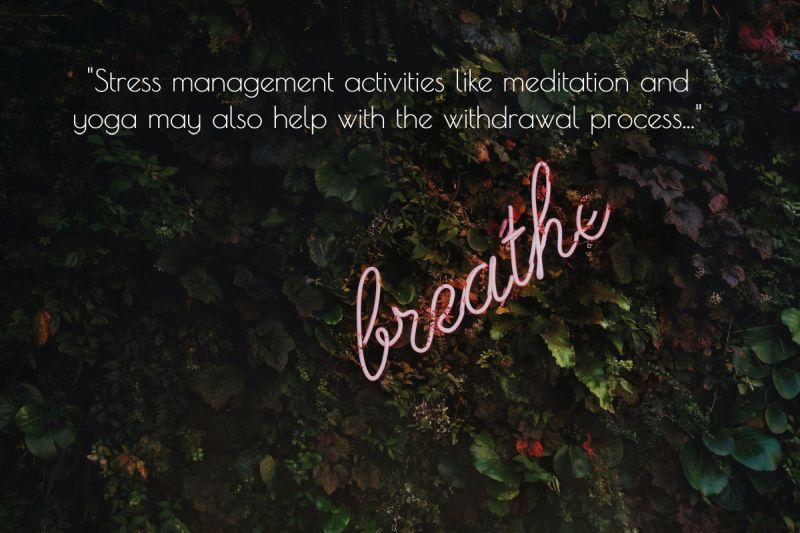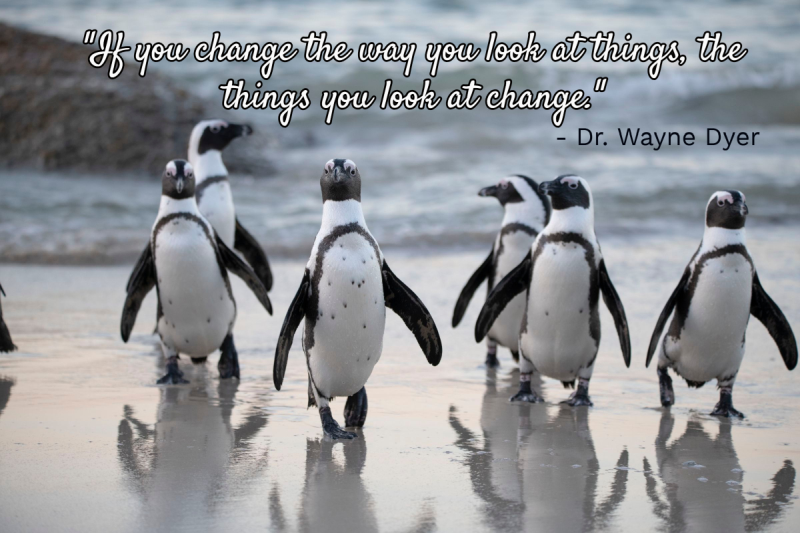by Sami A
Are you suffering from drug or alcohol addiction? Do you need help stopping your addiction habits? You’re in the right place.
Drugs and alcohol can change your brain’s chemical makeup and cause several physical changes that can be life-threatening when not addressed early. Regular use of mind-altering substances like alcohol or hard drugs can cause dependence to form.
Eventually, it becomes difficult to control the amount and frequency of substance consumption. It equally becomes a challenge to reduce or stop your drug abuse. And the lucky few who manage to kickstart the process have to deal with withdrawal.
So, how can you survive withdrawal and emerge victorious over your substance addiction?
Read on:
What is Withdrawal?
Before we delve into the substance withdrawal process, you must first understand what withdrawal is and how it affects your body’s chemical makeup.
Withdrawal is the combination of mental and physical effects that an addict experiences after they stop using or reduce the intake of a particular substance or substances. These could include recreational drugs, prescriptions, or alcohol.
According to Hollywood Hills Recovery, withdrawal (rehabilitation) not only detoxes the harmful substances out of your system but also removes the toxins from your mind. The withdrawal process can be a very traumatizing time in the addict’s life and that of his/her family.
If you’ve been using a substance with a high dependency potential, then suddenly stop taking it or cut down its use drastically, you may experience different withdrawal symptoms. The duration and intensity of withdrawal symptoms also vary widely, depending on several factors discussed in this post.
Withdrawal can be quite unpleasant and dangerous in some cases. That’s why this topic is particularly sensitive and requires assistance from a medical professional.
Drug Withdrawal Symptoms
The severity of drug withdrawal symptoms varies because of several individual factors, including:
- The type of drug you’re using
- How long you’ve been addicted to the substance
- How much of the drug you’ve been consuming
- Your general physical and mental state
- How you’ve been taking the drug
Drug withdrawal symptoms also vary in two categories; physical and physiological withdrawal symptoms.
The physical drug withdrawal symptoms may include:
- Nausea and vomiting
- Headaches
- Diarrhea
- Fatigue and exhaustion
- Muscle and bone pain
- Excessive sweating
- Shaking and shivering
The physiological drug withdrawal symptoms may include:
- Anxiety
- Depression
- Confusion
- Short-term memory loss
- Irritability and agitation
- Paranoia
- Intense cravings for the drug
More severe addiction withdrawal symptoms may include rapid heart rate, extreme confusion, elevated body temperature, seizures, visual and/or auditory hallucinations, and uncontrollable shaking.
Identifying Withdrawal
You can recognize withdrawal symptoms when you stop taking or cut back on substance abuse. For example, missing your usual cup of coffee may result in caffeine withdrawal symptoms like headache, fatigue, and irritability.
Such withdrawal symptoms usually indicate dependence on a substance. We advise talking to a professional medic before you reduce or stop taking a drug. This is the best strategy to safely stop taking a medication or drug and minimize potentially dangerous withdrawal symptoms.
Your doctor will also know whether your symptoms are due to withdrawal of another condition.
What Causes Withdrawal?
Your brain and body are always working to maintain a balance of state (homeostasis). Taking drugs or alcohol changes this balance, forcing your system to adjust by changing the levels of some neurotransmitters.
These substances will trigger your brain’s reward system, forcing you to start craving the drug or alcohol.
Eventually, your body starts to develop a tolerance and dependence on the substance. At this stage, you will experience withdrawal symptoms if you abruptly stop taking the substance or reduce its consumption.
Withdrawal symptoms are usually the opposite of the effects of using the substance. A good example is alcohol, which is a depressant. If you stop taking it abruptly, you may start experiencing symptoms of overstimulation like restlessness or anxiety.
Treating Withdrawal
Treating withdrawal includes care, support, and medications to ease its symptoms and minimize or prevent possible complications.
With some drugs, you can stop using them abruptly and still manage their withdrawal symptoms. For example, you can quit caffeine without needing assistance to cope with the withdrawal symptoms until they pass.
However, quitting substances like alcohol or hard drugs abruptly could potentially be dangerous. In most situations, you will need medically-assisted withdrawal to ensure your safety while detoxing your system.
How to Cope with Withdrawal
Besides seeking medical support, you also need to cope with the withdrawal process to help you feel better during and after treatment.
Here’s what you should do:
- Eat well
- Exercise
- Drink plenty of water
- Get enough sleep
- Use appropriate over the counter medications to relieve symptoms
- Ask for help from a trusted friend or family member
Stress management activities like meditation and yoga may also help with the withdrawal process.
Don’t let fear prevent you from getting the help you need. Although drug or alcohol withdrawal can be a painful and dangerous process, it is necessary on your road to recovery. Remember, this is your second chance to bounce back from this point in your life.
Sami is the Professional Content Marketer. He writes a lot of articles in his career. His company provides various types of Digital Marketing services i.e. Search Engine Optimization (SEO), Search Engine Marketing (SEM), Social Media Optimization (SMO), Web design & development, Link Building, Outreach guest post, Content Marketing & blogger outreach.



Leave a Reply